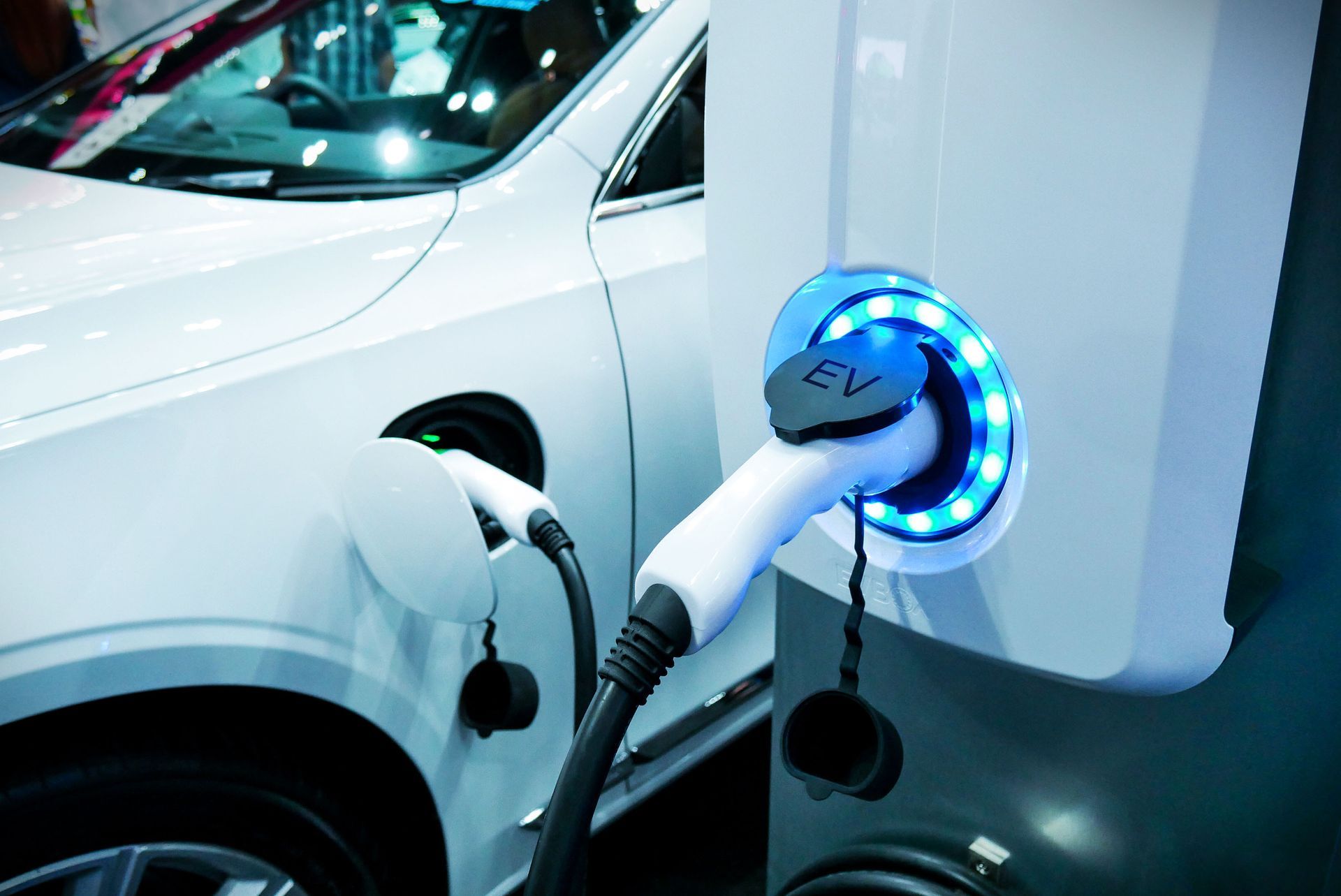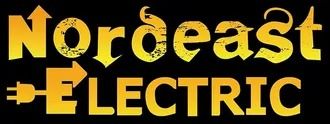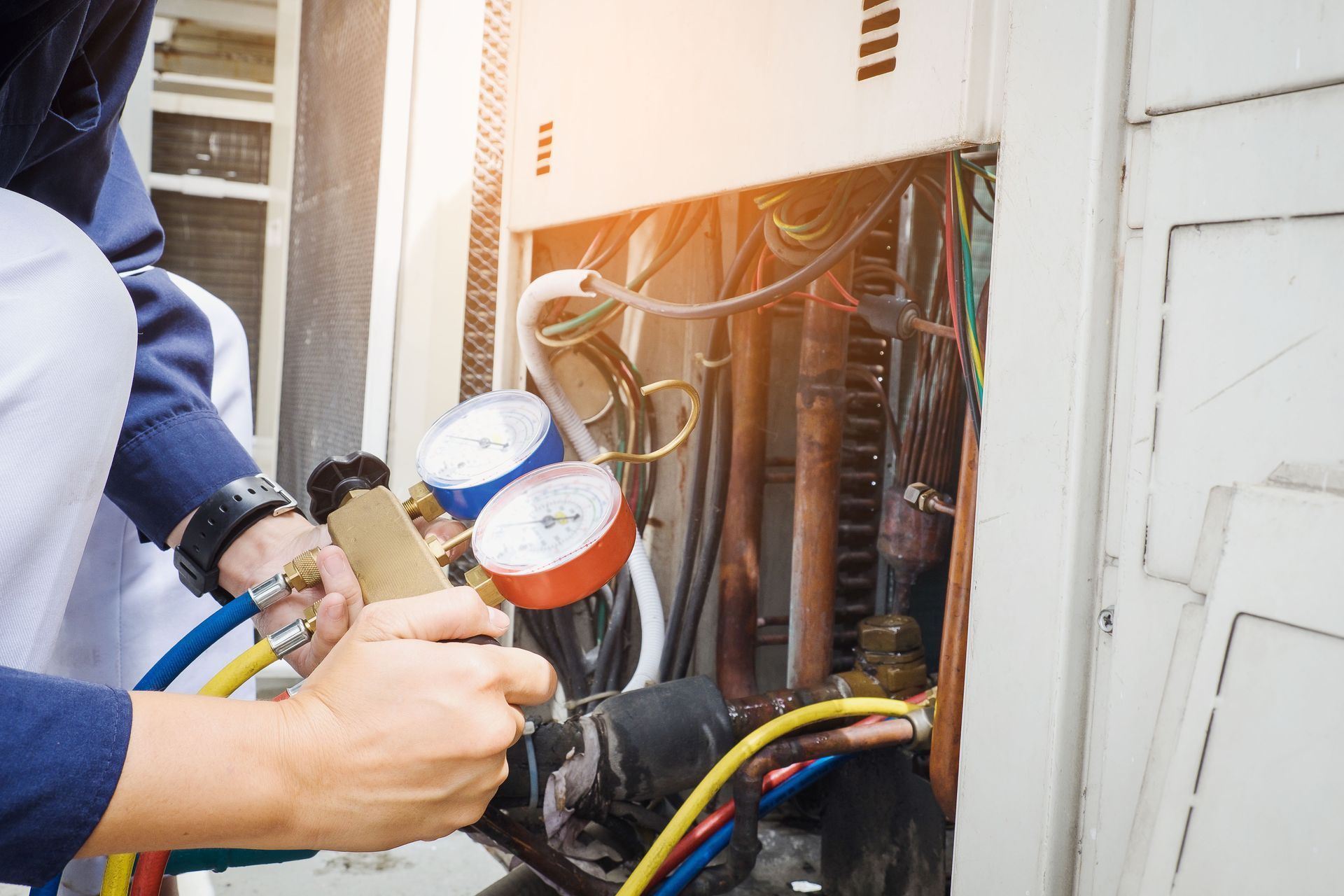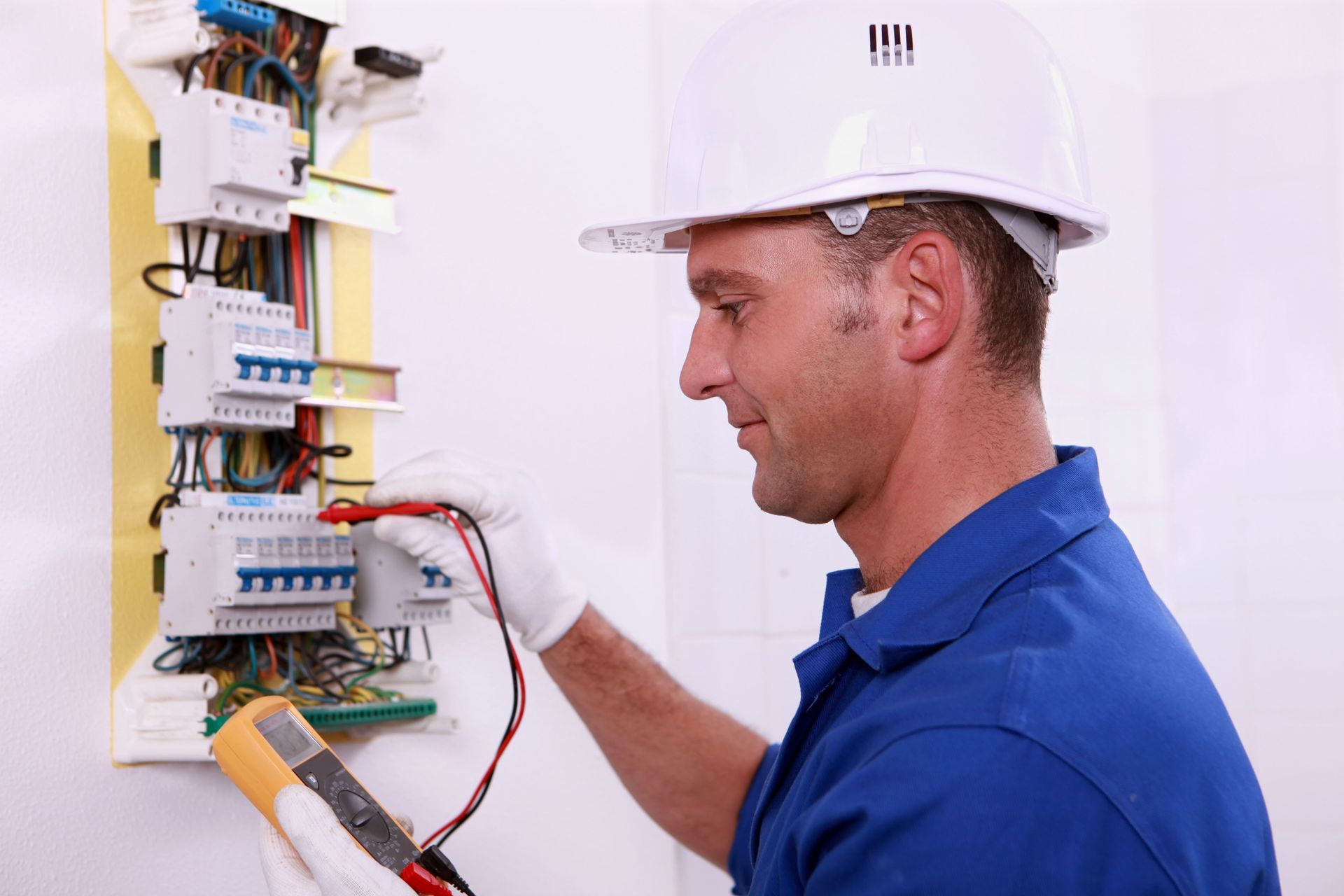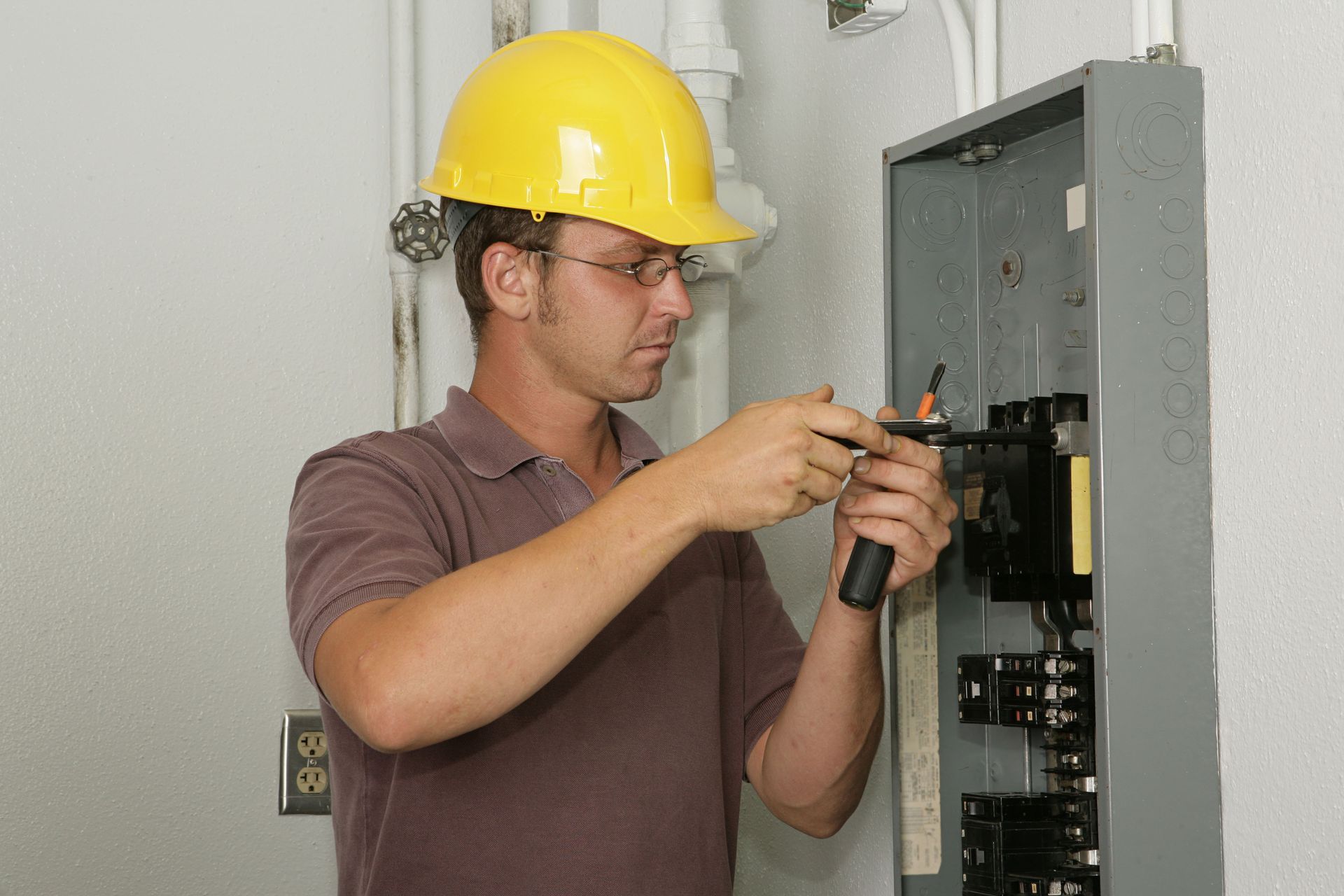September 25, 2025
Electric vehicles are becoming increasingly common, and many homeowners are exploring the convenience of adding a charging station at home. Having an EV charger in your garage or driveway allows you to start each day with a full battery, eliminating the stress of finding public stations or waiting in line. While this upgrade can significantly improve daily life, there are many details to consider before moving forward with home EV charger installations. From electrical capacity to location and long-term value, taking the time to understand these factors will help you make a more informed decision. It’s essential to plan the installation carefully, ensuring the system is safe, cost-effective, and compatible with your vehicle’s needs.
Evaluating Electrical Capacity
Before scheduling home EV charger installations, one of the first steps is assessing whether your electrical system can handle the extra load. According to Car and Driver, because electric vehicle charging can require anywhere from 24 to 80 amps, it’s important to check your home's extra capacity beyond what you already use for things like the furnace, air conditioning, oven, clothes dryer, and more. Without confirming your capacity, you risk overloading circuits or experiencing unexpected outages. A licensed electrician can help you determine if you’ll need an upgrade, such as adding a new breaker or panel expansion.
Choosing the Right Charging Level
There are different charging levels to consider when planning home EV charger installations. Level 1 chargers operate using a standard household outlet, which is generally slower but may suit those with limited driving needs. Level 2 chargers, which require a 240-volt outlet, are much faster and often preferred by daily commuters or households with multiple electric vehicles. The choice of charging level not only affects convenience but also impacts your home's electrical requirements and installation costs.
Placement of the Charging Station
Location matters when it comes to home EV charger installations. You’ll need to think about where you park most often, how close the charger can be to your electrical panel, and whether the cord length is sufficient to reach your vehicle comfortably. For many homeowners, the garage is a natural choice, but outdoor placement may be necessary if a garage isn’t available. Considering weather protection and accessibility will ensure that your charger is safe, practical, and easy to use for years to come.
Considering Long-Term Vehicle Needs
While you may be installing a charger to meet the needs of your current vehicle, it’s smart to think ahead. Home EV charger installations should be viewed as a long-term investment. If you plan to upgrade to a vehicle with a larger battery in the future, or if your household may add a second electric car, choosing a higher-capacity charger now could save time and money later. Planning ahead ensures your system is equipped to handle future demands without repeated electrical upgrades.
Understanding Permits and Regulations
In many areas, home EV charger installations require permits and inspections to comply with local codes. These steps help confirm that your installation is safe and properly integrated into your home’s electrical system. Working with professionals who are familiar with regional requirements can streamline the process and give you confidence that your setup will be fully approved. Skipping this step can lead to fines, safety hazards, or problems when selling your property.
Considering Safety Regulations
Safety is always a priority when modifying your electrical system. Home EV charger installations involve high-voltage connections, which makes professional oversight essential. Proper grounding, surge protection, and correct breaker sizing all reduce the risk of fire or electrical malfunction. Taking shortcuts with safety could put your household at risk, so partnering with trained installers is a critical step in the process.
Knowing the Cost of Installation
The total cost of home EV charger installations varies depending on factors such as your home’s electrical capacity, the type of charger, and the complexity of the installation. If panel upgrades or new wiring are needed, costs can increase significantly. However, many homeowners view the upfront expense as worthwhile because of the long-term convenience and potential savings on public charging. Some regions even offer incentives or rebates that can offset installation costs, making it an even more attractive investment.
Enhancing Energy Efficiency and Lowering Utility Rates
Another important consideration is how home EV charger installations affect your energy use. Some utilities offer time-of-use rates, meaning electricity is cheaper at certain times of day. Scheduling your vehicle to charge overnight can lower costs while also reducing demand on the power grid. Investing in smart charging technology that allows scheduling and monitoring may provide even more control over your energy consumption and expenses.
Understanding Home Resale Value
Installing an EV charger can also add value to your property. As electric vehicles become more popular, buyers may see home EV charger installations as a major selling point. A built-in charger signals that the home is ready for modern transportation needs, giving your property a competitive edge in the real estate market. While the primary motivation may be convenience, this added value makes the investment even more appealing.
Matching Compatibility with Your Vehicle
Not all chargers are compatible with every electric vehicle, so it’s important to confirm that the system you choose will work with your car. Many home EV charger installations use universal connectors, but checking compatibility before purchasing will help you avoid frustration later. Some brands also offer mobile apps or extra features like charging history tracking, which may or may not align with your preferences.
Choosing Smart Charging Options
For homeowners who want added convenience, smart chargers offer features like Wi-Fi connectivity, smartphone control, and detailed energy tracking. Home EV charger installations that include these technologies can make it easier to manage charging times, monitor usage, and even integrate with renewable energy sources like solar panels. While these systems may come at a higher initial cost, the functionality can enhance the overall value of your setup.
Understanding Environmental Impact
Switching to an electric vehicle is already a step toward reducing emissions, but home EV charger installations can further support sustainable living when combined with renewable energy. Charging from a solar array or a clean energy plan reduces reliance on fossil fuels. As the grid becomes greener, your decision to install a charger at home contributes to a broader push toward environmental responsibility.
Choosing a Licensed and Insured Contractor
When hiring a contractor for your home EV charger installation, it’s crucial to ensure they are both licensed and insured. A licensed contractor guarantees that they have the necessary qualifications and knowledge to perform the job according to local regulations. Insurance, on the other hand, protects you from potential liability in case of accidents or damages during the installation process. Working with a licensed and insured contractor gives you peace of mind, knowing that the job will be done safely and professionally, and it also helps avoid potential complications in the future.
Adding a charging station at home is a significant step toward embracing electric transportation and the convenience it brings. Careful planning around electrical capacity, location, costs, and safety will ensure your installation is a long-term success. Home EV charger installations not only improve daily life but can also increase property value, enhance energy efficiency, and support environmentally conscious living. By making informed decisions and preparing for future vehicle needs, you’ll create a reliable system that serves you and your household for years to come. The proper approach guarantees that you’ll enjoy seamless charging while protecting your home’s electrical infrastructure and ensuring you’re ready for tomorrow’s electric future. Are you considering an EV install for your home? Call Nordeast Electric today for more information.
